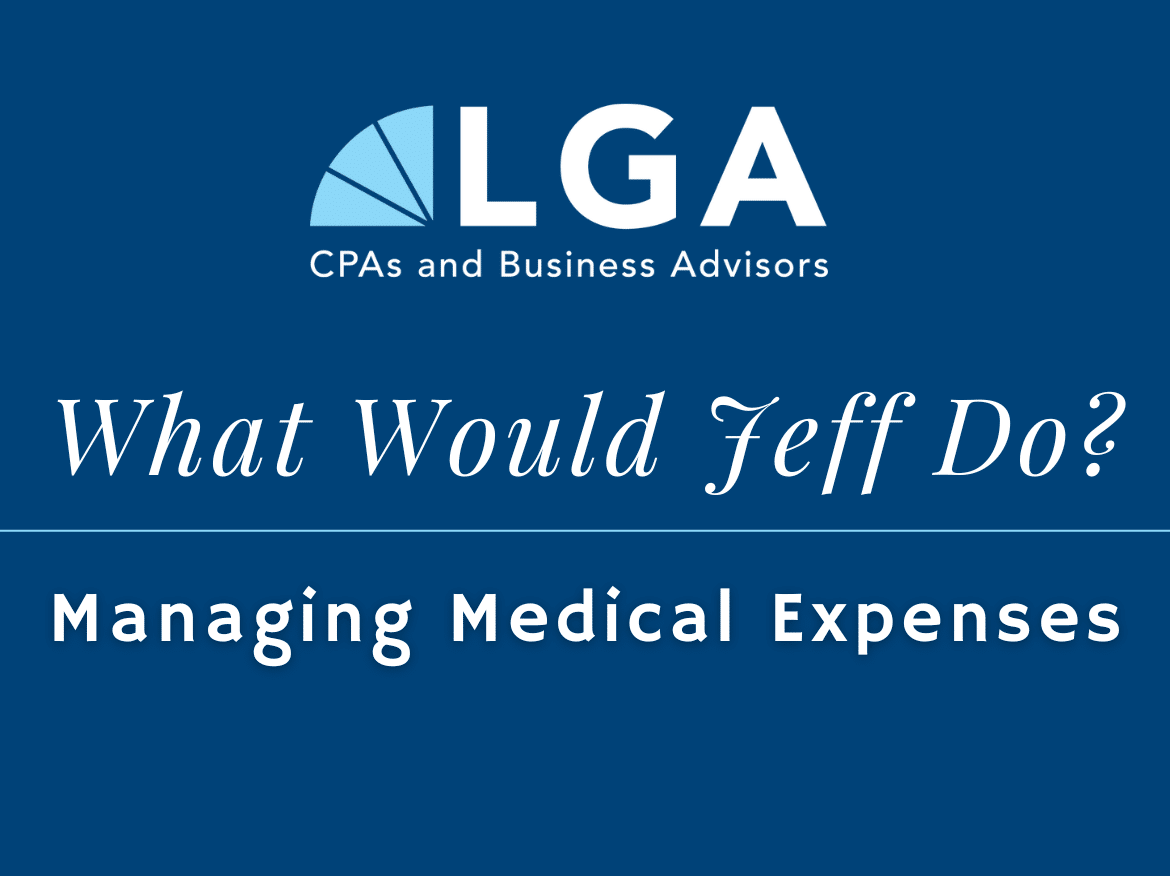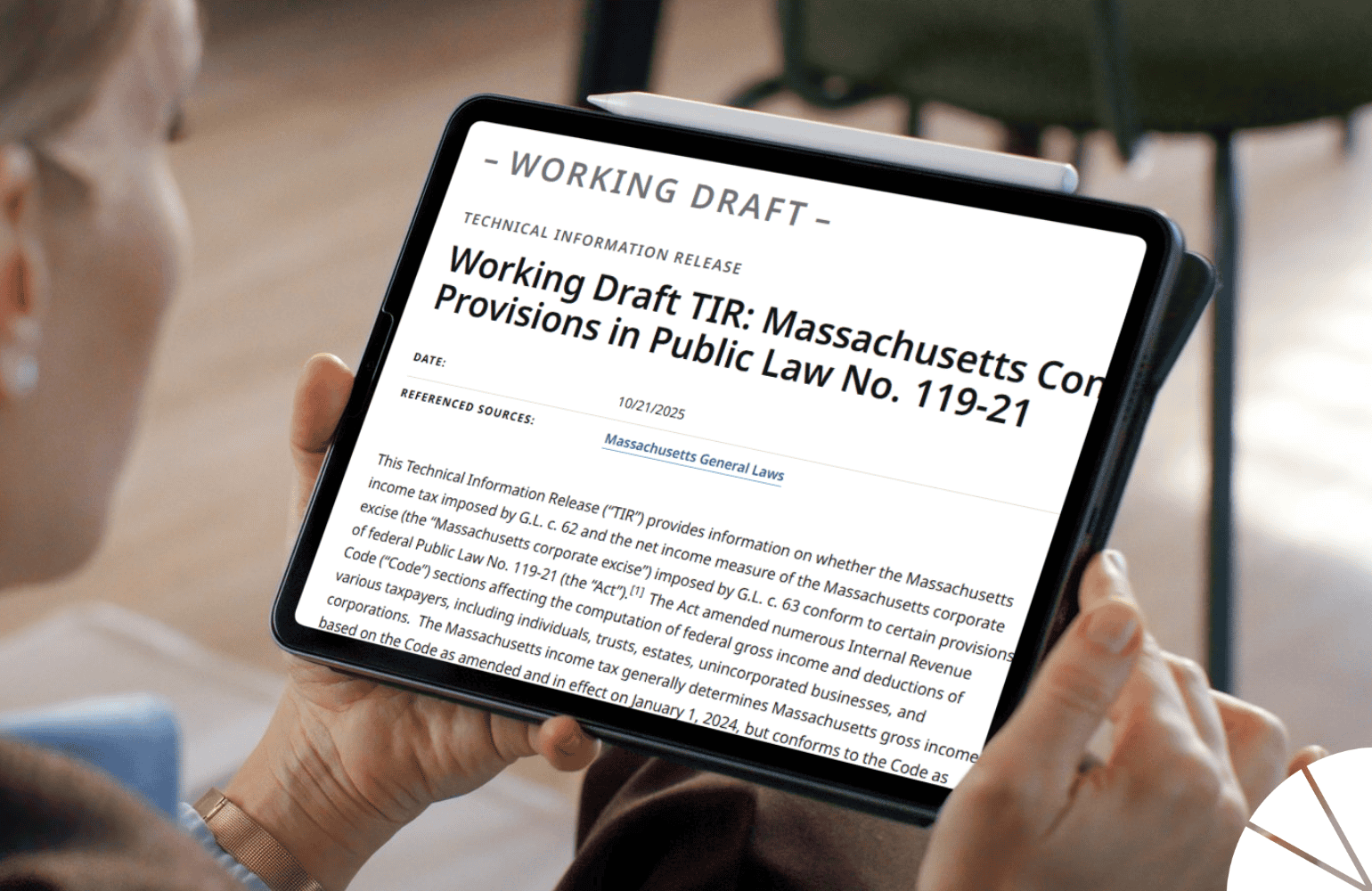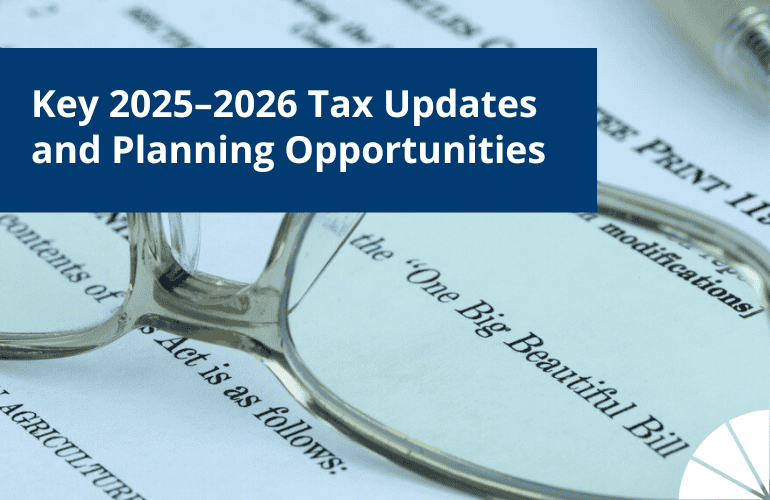
The following article is from the latest edition of LGA’s financial newsletter, “What Would Jeff Do?,” written by Jeffrey Levine, CPA, MST, our Director of Financial Strategies. If you have a general financial question for future newsletters, please submit them to Jeff. Enjoy this article? Subscribe to the newsletter here.
As members of the Baby Boomer generation (born between 1946 and 1964), and for Gen Xers and Millennials watching their parents age, the availability of medical resources and rising healthcare costs are pressing concerns. Additionally, as we age, so do our medical service providers, many of whom are retiring, prompting the need to establish new healthcare relationships amid growing doctor shortages, particularly in primary care.
Financial Challenges of Healthcare in Retirement:
- Escalating Healthcare Costs: As we age, we often require more healthcare services to manage medical conditions or maintain our quality of life. Costs may increase for prescription drugs, eyewear, hearing aids, dental work, and potentially long-term care or assisted living facilities. These expenses can be substantial, especially for those with chronic illnesses or special medical needs.
- Health Insurance Coverage Post-Employment: Many have benefited from employer-provided medical insurance for years. Those considering early retirement must evaluate the cost of insurance without employer support. While Medicare eligibility begins at age 65, it doesn’t cover all medical needs, leaving gaps like co-pays, deductibles, and services such as dental and vision care.
- Long-Term Care Costs: Although medical insurance, including Medicare, covers many health services, it often does not extend to nursing home care, assisted living, or in-home care. These costs can be considerable, especially if extended stays or continuous care is required.
Strategic Considerations for Managing Healthcare Costs:
A Fidelity Investments report from 2022 suggests that the average couple aged 65 might need at least $315,000 to cover medical expenses throughout retirement. This figure varies based on location and health conditions but serves as a baseline for planning.
Medical expenses could severely impact retirement savings, especially those currently held in sheltered retirement accounts. Withdrawals from retirement accounts are taxed at ordinary tax rates, so when you need funds to help with medical costs, you may have to take out even more to first cover the tax cost from the withdrawal. Medical expenses can quickly deplete your sheltered funds. Funds saved outside of retirement savings programs provide more flexibility for many needs but are especially helpful for medical costs.
- Health Savings Accounts (HSAs): Fully funding an HSA can be a wise strategy for those eligible. HSAs offer tax-deductible contributions and tax-free distributions for qualifying medical expenses, functioning similarly to an IRA but for healthcare.
- Long-Term Care Insurance: Despite increasing premiums and fewer insurers offering these policies, long-term care insurance can still be valuable. It helps cover costs like nursing home care and assisted living, though it’s essential to assess the cost versus benefits as premiums continue to rise.
- Medicare Supplements: After retirement, Medicare often becomes the primary health insurance, but it may not cover all expenses. Supplemental policies can help fill the gaps. Local programs like SHINE (Seniors Helping the Insurance Needs of Everyone) or SHIP (State Health Insurance Assistance Program) provide free assistance with Medicare choices at senior centers nationwide.
- Comprehensive Health and Financial Wellness: Maintaining a healthy lifestyle with regular exercise and a balanced diet is crucial. This holistic approach to wellness helps manage healthcare costs effectively. Additionally, continuous financial planning to ensure sufficient savings for healthcare needs is vital.
- Ethical Estate Planning: While some advocate for estate planning techniques that might make one appear indigent to qualify for Medicaid, Jeff advises against such practices. Proper estate planning should focus on asset protection and providing for heirs without compromising ethical standards.
We’re Here to Help:
Our team is ready to assist with your questions about cash flow, savings strategies, Medicare, and long-term care planning. Contact us today to explore how you can secure your financial future.






